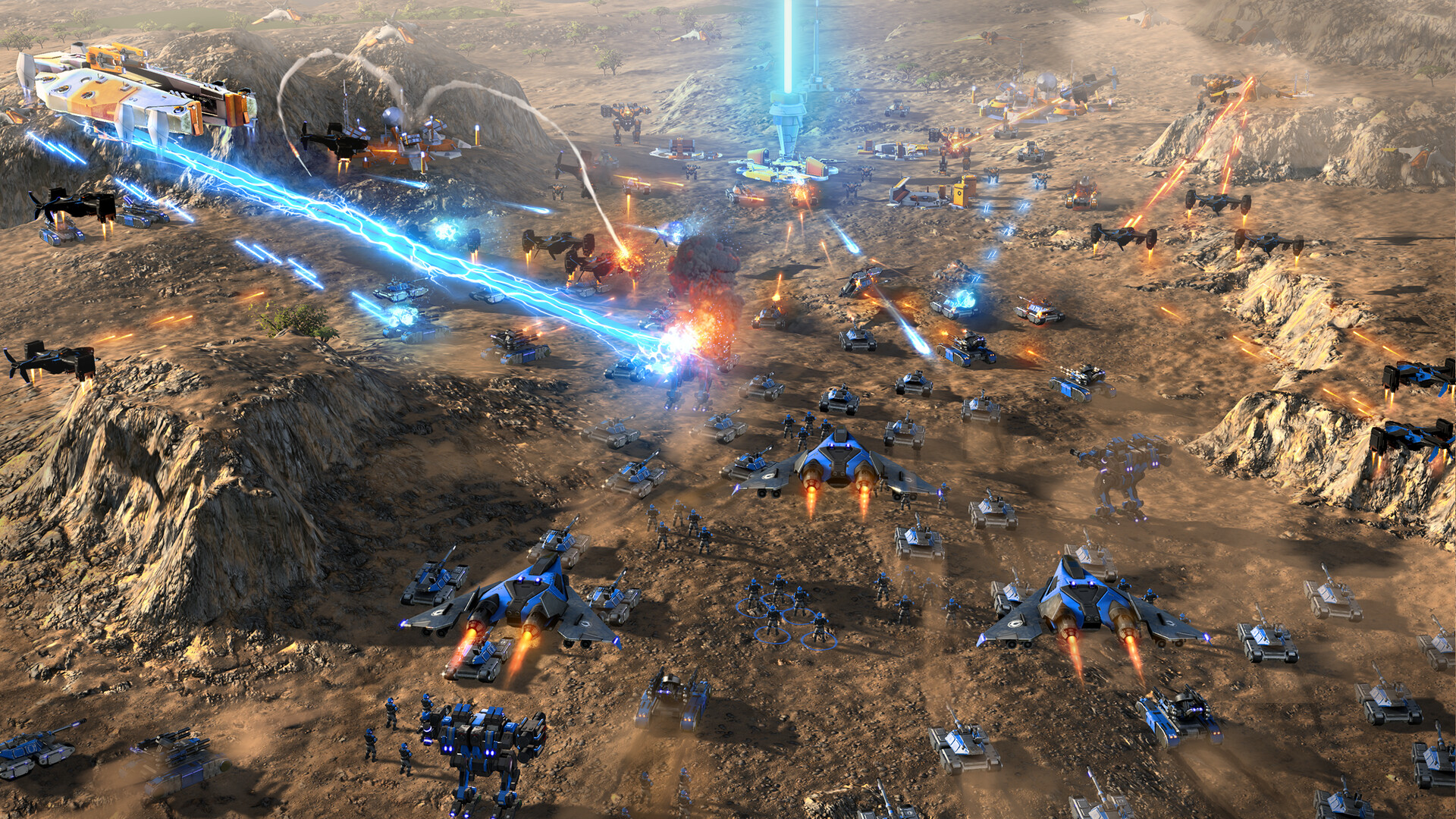Stardock CEO on AI in Gaming and Xbox Game Pass Impact — Insights on Ashes of the Singularity II
Stardock CEO Discusses 'Ashes of the Singularity II,' Xbox Game Pass, AI in Gaming, and Industry Turmoil — We Speak to Brad Wardell on the Future of Gaming
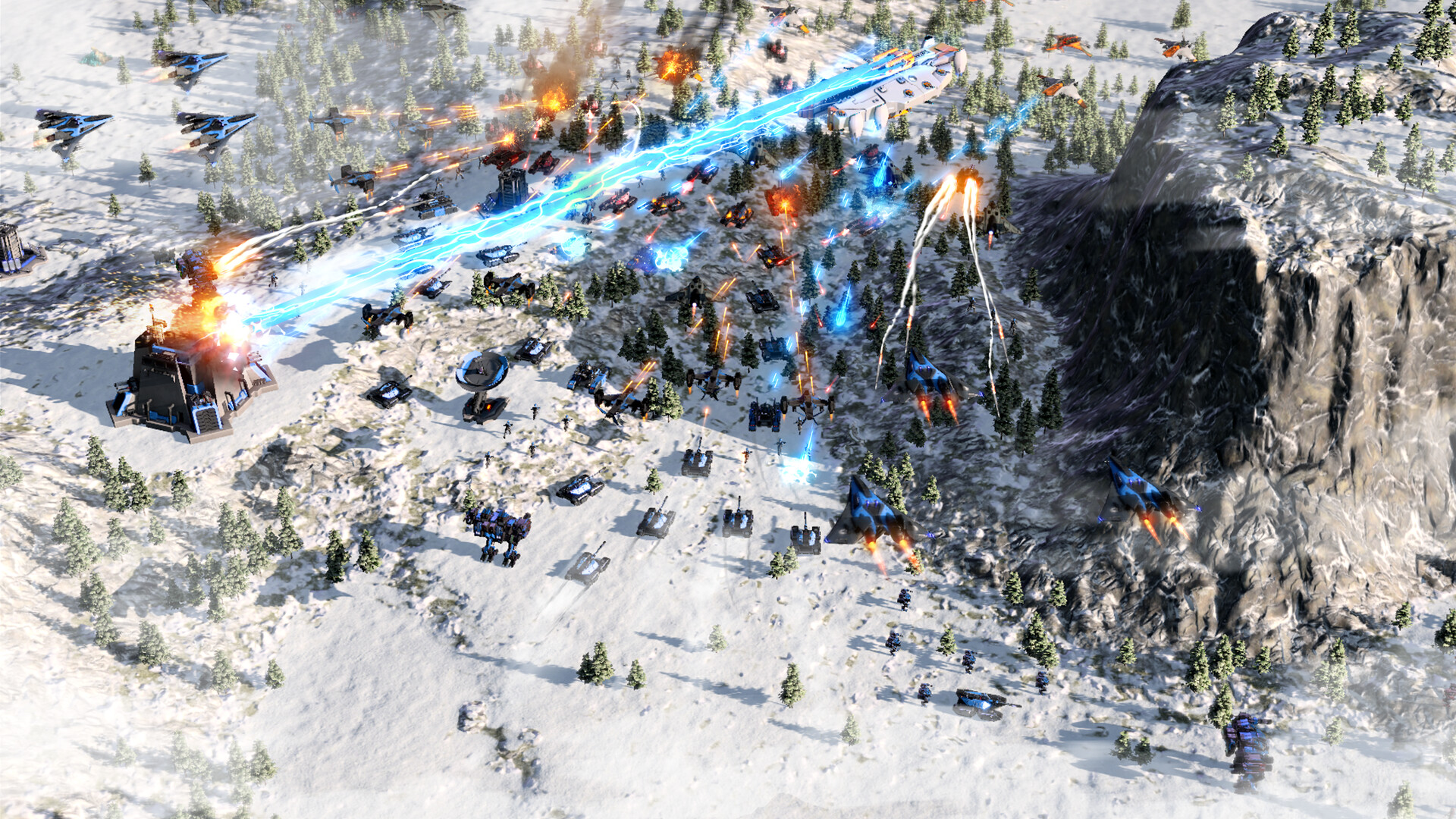
All the latest news, reviews, and guides for Windows and Xbox diehards.
You are now subscribed
Your newsletter sign-up was successful
This week, Stardock revealed Ashes of the Singularity II, set to inject another fresh option into the passionate RTS fanbase. To that end, we had the opportunity to speak to Stardock CEO Brad Wardell, whose independent publishing house is known for popular strategy games like Galactic Civilization, Offworld Trading Company, and Sins of the Solar Empire — as well as great Windows software tweaks, such as Start11.
During our conversation, Brad Wardell opined on AI in gaming, industry concerns about Xbox and PC Game Pass, and the future of RTS and other strategy games in an industry seemingly dominated by the Fortnites and Robloxes of the world.
Jez Corden, Windows Central: With Ashes of the Singularity 2 and Elemental: Reforged, it could be said Stardock is doubling down on strategy titles in an industry that seems increasingly prioritising "forever" shooters like Fortnite. How does Stardock choose which types of games to greenlight, and do you ever see Stardock expanding to other genres?
Brad Wardell, Stardock CEO: There’s a bunch of factors involved in deciding what type of game to make. And those factors really apply to any game developer, big or small:
What kind of game are you personally interested in making? What audiences can you potentially reach with your game? What other games is your game contending with for the attention of that audience? How much will it cost you to make that game? If you spend $1.00, can you make $1.30 back?
The problem today is that too many decisions are being made without taking question 1 into account. If the people making the game don’t eat, sleep, breathe that type of game, they won’t be able to compete against the games made by people who do, no matter how much money you throw at it.
At Stardock, we really, really love strategy, RPG, and simulation games. We can go onto Discord and talk to our fans and chit chat about units from Total Annihilation or quirks in how the AI in Civilization I had, or genuinely appreciate the love and attention put into Crusader Kings III, and so on. Even when I insult StarCraft Protoss players, because they aren’t people, they know why I’m such a bitter, bitter Terran player.
Suffice to say, we love this stuff. Then, you throw in the fact that we’ve been publishing games for so long that we have a pretty large audience that knows us to start with, and it takes away a lot of the risk. Except, of course, for Protoss players. Screw them.
What are some of the key ways Ashes of the Singularity 2 builds on its predecessor?
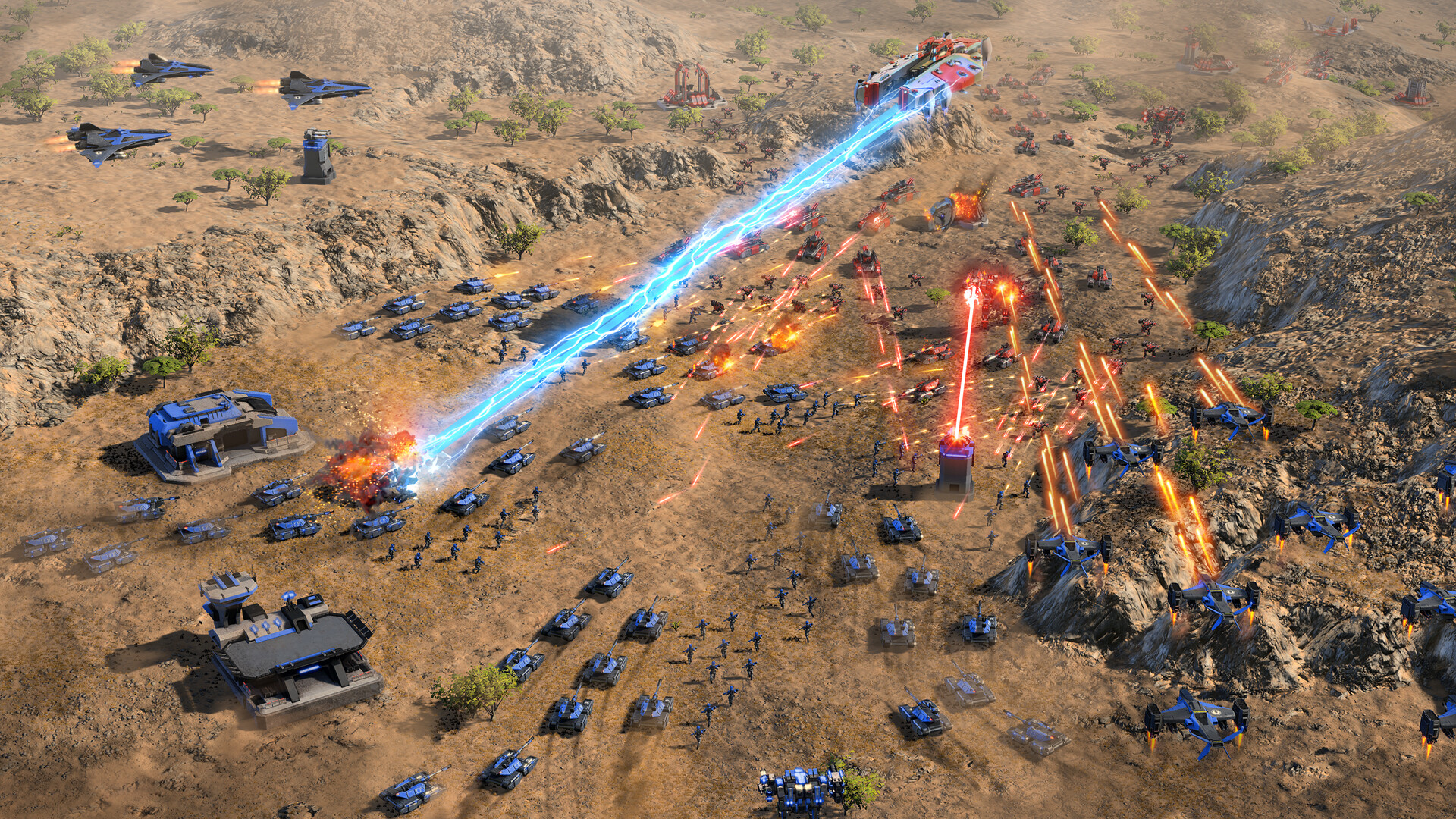
The first Ashes of the Singularity was kind of an homage to Supreme Commander. Or at least, Supreme Commander if it had 1/9th the budget and a hack (me) designing it instead of a god like Chris Taylor.
The goal of the original game was twofold: One, to show off huge, cool battles on Oxide’s Nitrous engine, and two, to tell a fun story about the relatively near future where an AGI and her agents (The Substrate) take on Post-Humans for control of the solar system.
All the latest news, reviews, and guides for Windows and Xbox diehards.
This time, we have a much bigger team, tech has come a long way, and Oxide has grown into a much bigger player, having just successfully released a game (Ara: History Untold) with Microsoft. And we have a really awesome story to tell in addition to having an RTS that’s going to be a blast to play single player or multiplayer.
Now, because of the budget, the first one was confined to hover tanks fighting each other. We purposely avoided having the humans in the game because humans are squishy and limby. For the sequel, the humans are in with their full squishy limby glory. And the battles are not just continent-spanning, but do real damage to the terrain over the course of the battle.
People liked the gameplay of Ashes of the Singularity but it did also become a kind of massive blob on massive blob conflagration as the game progressed because no one is fast enough to position thousands of units in real time. In the sequel, the hardware has advanced enough that we have (programmatically speaking) AI agents whose job is to seamlessly ensure the player’s orders are carried out. No need to create “formations” because the commanders will take care of that. Your job is to command the entire battle space, not worry whether your artillery is running ahead of the infantry to certain death.
So, in short, you have much better gameplay with the most relatable faction (humans) now available to play with and against that looks really good while keeping the massive scale we had in the original that made it distinct.
As a major independent publisher in the games industry, we've seen a lot of turmoil and upheaval hit the market in recent months and years. What's your perspective on the difficulties some publishers and studios are facing?
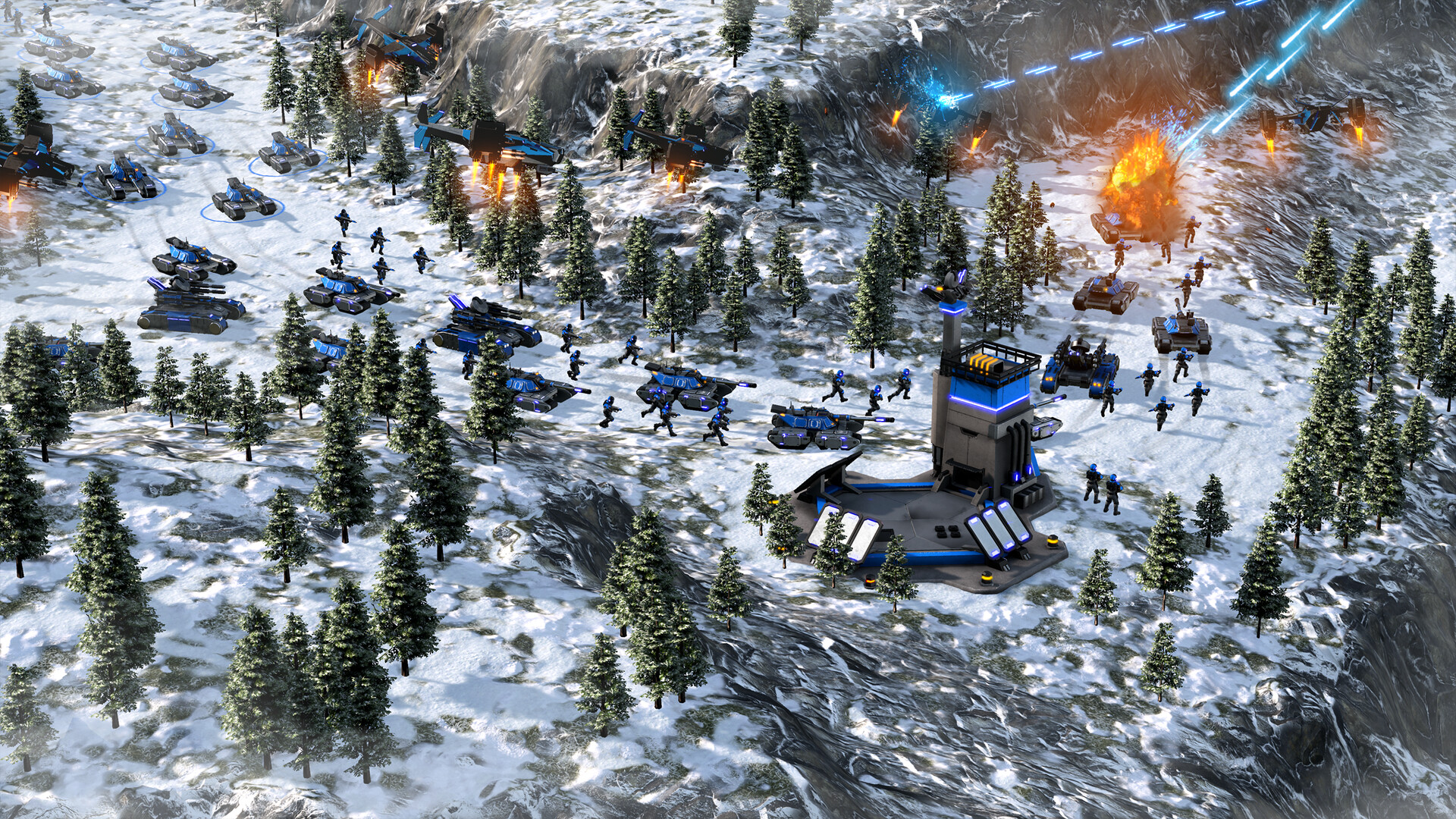
Indeed! And it’s going to get much worse, I’m afraid. Game development is in a vicious cycle. Games cost too much to make, and so publishers tend to be very conservative on trying new things. And by not trying new things, they don’t compete well with the games that came before them.
A game that is released in 2025 isn’t just competing against the other games on the shelves at GameStop, like was the case a decade ago. Now, they are competing against every game that has ever been made, along with every little vibe game or mobile hobbyist game or even Roblox game.
As a result, there are games that come out that cost tens or hundreds of millions of dollars that sell almost nothing. That’s a situation many an “indie” studio knows very well, but if you’re a studio with 300 people on a game for 5 years and your game comes out and sells that poorly, it’s a catastrophe.
What we’ve been working on is a new type of way of making games that is less expensive and lets people make better quality games. We’ll be ready to talk about that soon. In the meantime, we can empathize with our friends and colleagues that are having to deal with the turmoil. We are rooting for them.
There are a lot of opinions out there about the place Xbox Game Pass has in the wider games industry. I wondered how you felt about subscription-based "all-you-can-eat" gaming services? Is Game Pass something you would work with?
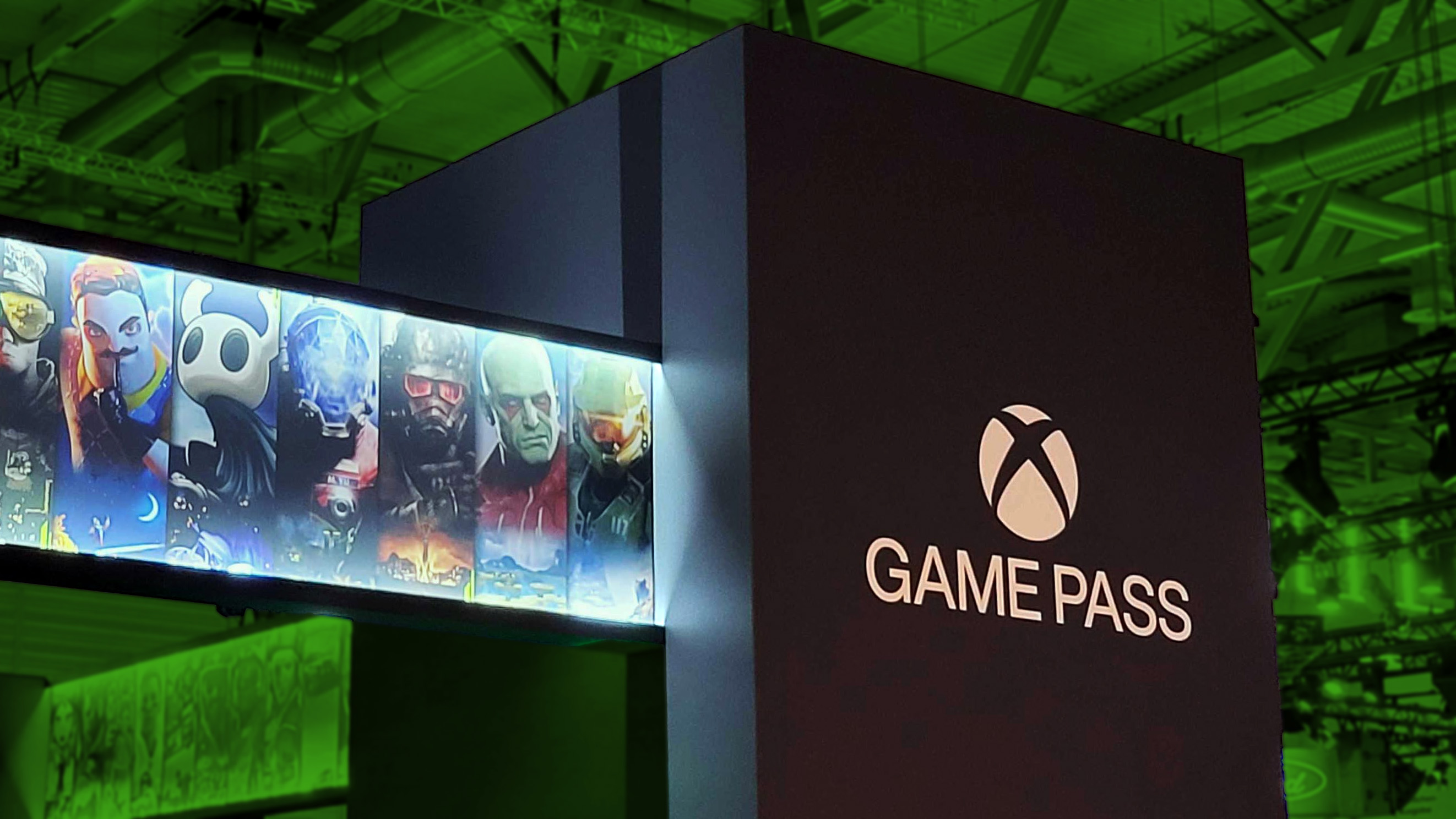
Game Pass is great deal for gamers. Although, I do have some concerns about how it could impact revenue for many game studios. A gigantic percentage of games are purchased by gamers that never get around to playing them. They go into the infinite backlog. But these gamers are really the unsung heroes of the game industry. Their support of games is what allows studios to innovate.
But if that same gamer has Game Pass, they won’t buy the game because they already “have” it.
I’m not sure what the best model for digital, interactive entertainment will be. Each generation has their own take on it. But I do believe that gamers, culturally, are not equivalent to the consumers of music and movies.
AI has a significant presence in tech discourse right now, but even the smallest applications to games seem to trigger big backlashes. What's your perspective around AI and generative tech in gaming, or beyond?
AI is still very new, and it is often badly used. It hasn’t been around long enough for more nuanced takes on it to come out. What I can say is that transparency is critical when it comes to using AI.
For example, Galactic Civilizations IV was, I think, the first game to use generative AI in a big way. It lets the players type in a description of the alien species they want to have in their game, and the AI generates the text and grabs an AI-generated image to represent that species. But there was no backlash. Why? Because we were very clear up front that the art we generated with it was derived from the art our artists were making. Gamers are pretty reasonable as long as you’re up front with them and don’t just throw “AI slop” at them.
What’s ironic is that AI-generated art and writing content probably aren’t the biggest story on AI. It’s the programming. And I think it’s going to result in a lot of great things for gamers and for the industry as a whole.
Let me give you an example of how AI programming is a game changer: our recently announced Elemental: Reforged. The original game (Elemental: War of Magic, released in 2010) was hard coded for English. We’re talking tens of thousands of strings spread across hundreds of files. So how do you do a German, Polish, French, Chinese, or Russian version of the game? Without AI, the answer is, you can’t. It would take human developers many months of very tedious programming to fix this.
So in Elemental, we used AI to go through the hundreds of thousands of lines of code and data, extract out the strings, and put them into a proper string table. Then we needed the AI to go back and fix all those (the devs reading this are going to laugh): "sprintf(string,”%s was hit by %s for %d damage”, strName, strWeapon, ulDamage)" and rewrite it as a proper modern string replacement system. And mind you, these lines are spread seemingly randomly across hundreds of files written by young developers long ago.
And Elemental is just one example of this kind of thing. I think you’re going to see a lot of really good games that were made over the years, and be able to come back and be modernized. Not just big projects, but think of some of your favorite games from the '90s or early 2000s that weren’t popular enough to justify spending millions to remaster them. Give me a Kohan remaster or a remaster of Planetscape: Torment. It’s going to be glorious.
A big thanks to Brad Wardell and Stardock for fielding our questions!
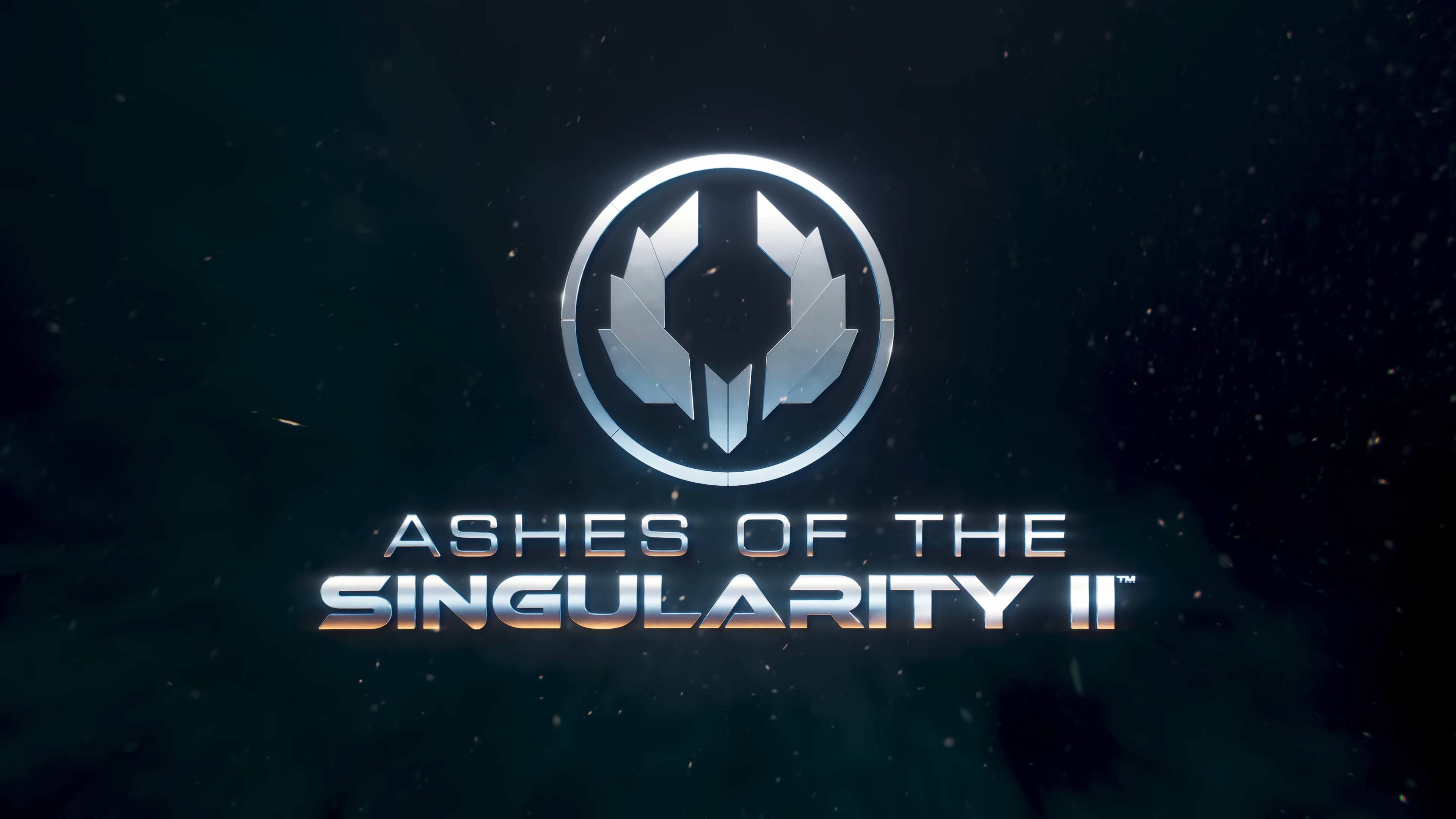
A huge thanks to Brad Wardell for taking the time to talk to us. The industry is undoubtedly going through a rapid transition right now, as a generational divide seems to split audiences and increase risk for games of all shapes and sizes. Artificial intelligence undoubtedly has some role to play in the future of game development, even if creative industries are very cautious about the potential backlash that comes with its use.
Xbox Game Pass too has become a significant driver of Microsoft's gaming revenue, and there's been some intense debate over its potential impact on the industry — even if its clear value is loved by consumers.
It's great to see big budget RTS titles continue to emerge, though. Microsoft itself publishes Age of Empires and has been quite vocal about returning to the StarCraft IP since it acquired Activision-Blizzard a few years ago. Ashes of the Singularity II and Elemental: Reforged both look like they're shaping up nicely indeed. Thanks again to Stardock and be sure to let us know your thoughts in the comments.

Jez Corden is the Executive Editor at Windows Central, focusing primarily on all things Xbox and gaming. Jez is known for breaking exclusive news and analysis as relates to the Microsoft ecosystem — while being powered by tea. Follow on X.com/JezCorden and tune in to the XB2 Podcast, all about, you guessed it, Xbox!
You must confirm your public display name before commenting
Please logout and then login again, you will then be prompted to enter your display name.

